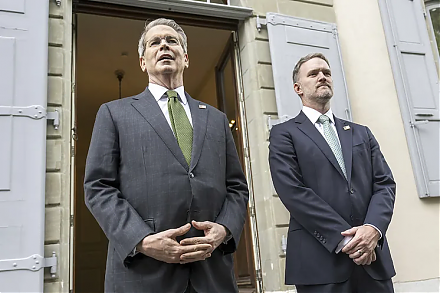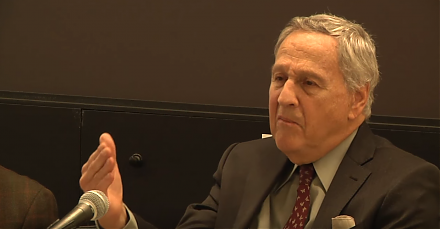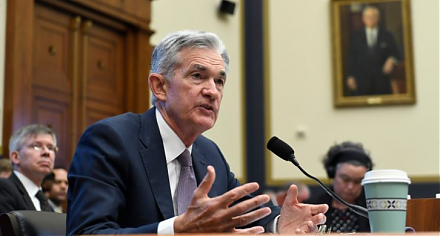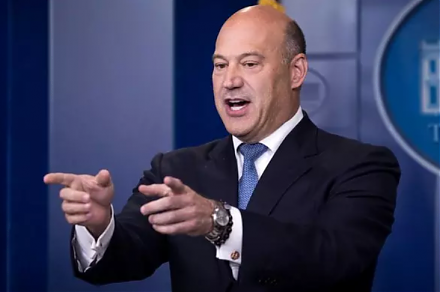

2018-05-05 07:33:00 Sat ET
trust perseverance resilience empathy compassion passion purpose vision mission life metaphors seamless integration critical success factors personal finance entrepreneur inspiration grit
Warren Buffett shares his fresh economic insights and value investment strategies at the Berkshire Hathaway shareholder forum in May 2018 despite the new GAAP accounting rule that has led to a $1.14 billion net loss for the Buffett-Munger stock portfolio. Berkshire reports a $1.14 billion loss in 2018Q1 or its first net loss since 2009 due to an esoteric GAAP accounting rule that Buffett considers a nightmare. The firm also reports an operating profit of 48.7% year-over-year. The new GAAP rule suggests that the change in investment gains and losses must be shown in all net income figures. This requirement produces some wild and capricious gyrations in the GAAP bottom-line.
Berkshire owns $170 billion tradable stocks, and the market values of these stock positions can easily fluctuate by $10 billion or more within each quarter. Including gyrations of such magnitude in net income swamps the more important numbers that better describe Berkshire Hathaway's true operating performance. Buffett thus pierces the key GAAP veil for Berkshire investors to better assess the fundamental intrinsic value of each stock position. Buffett continues his active interest in small-to-mid-cap profitable value stocks that inject capital conservatively in both capital equipment and balance sheet expansion.
If any of our AYA Analytica financial health memos (FHM), blog posts, ebooks, newsletters, and notifications etc, or any other form of online content curation, involves potential copyright concerns, please feel free to contact us at service@ayafintech.network so that we can remove relevant content in response to any such request within a reasonable time frame.
2019-07-21 09:37:00 Sunday ET

Facebook introduces a new cryptocurrency Libra as a fresh medium of exchange for e-commerce. Libra will be available to all the 2 billion active users on Fa
2025-06-13 08:23:00 Friday ET

What are the mainstream legal origins of President Trump’s new tariff policies? We delve into the mainstream legal origins of President Trump&rsquo
2023-04-28 16:38:00 Friday ET

Peter Schuck analyzes U.S. government failures and structural problems in light of both institutions and incentives. Peter Schuck (2015) Why
2018-03-23 08:26:00 Friday ET

Personal finance and investment author Thomas Corley studies and shares the rich habits of self-made millionaires. Corley has spent 5 years studying the dai
2019-10-07 12:35:00 Monday ET

Federal Reserve reduces the interest rate by another key quarter point to the target range of 1.75%-2% in September 2019. In accordance with the Federal Res
2018-11-23 09:39:00 Friday ET

Former White House chief economic advisor Gary Cohn points out that there is no instant cure for the Sino-U.S. trade dilemma. After the U.S. midterm electio